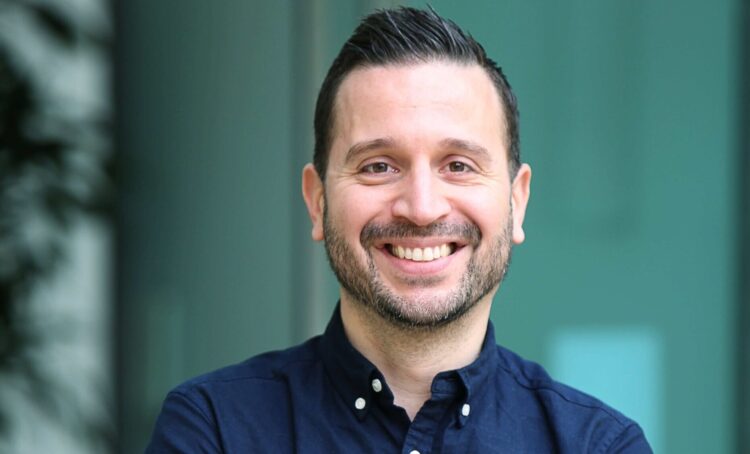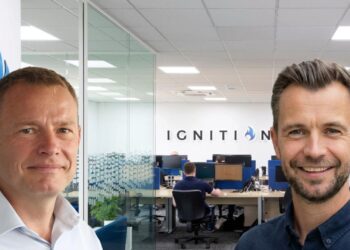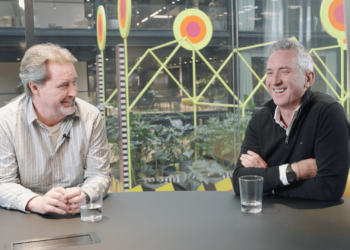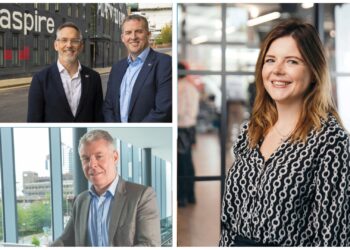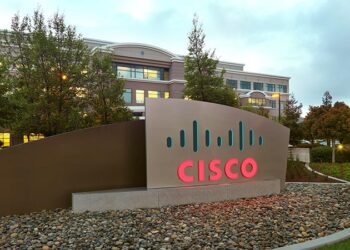Ancoris has generated nearly £1m in GenAI services revenue since it became the first dedicated Google partner to launch a GenAI practice, its CEO has told IT Channel Oxygen.
The Google Premier partner in June 2023 created a dedicated GenAI practice designed to help customers develop and launch AI-native initiatives, and also appointed a Chief AI Officer.
Talking to IT Channel Oxygen, Andre Azevedo revealed that Ancoris ringfenced a team of four of its 60-70 engineers, whose only job was to work on rapid prototyping for customers.
“This is the most important thing that none of the Google dedicated partners were doing, and are still not doing from what I can tell,” he said.
“A lot of people think about GenAI as the consumer bit – ChatGPT, Bard etc. But actually what we are talking to customers about is what we call enterprise GenAI. Yes, you may be leveraging some of those large language models to create chatbot interfaces for customers, but we’re already doing a few things for customers on natural language querying of databases.
“That’s the reason we ringfenced the team. People need to see it. You need to show people something.”
“Close to £1m in AI services revenue“
Azevedo joined Ancoris from rival Cloudreach in March 2021, before being elevated to CEO in November of that year following an investment from Beech Tree Private Equity.
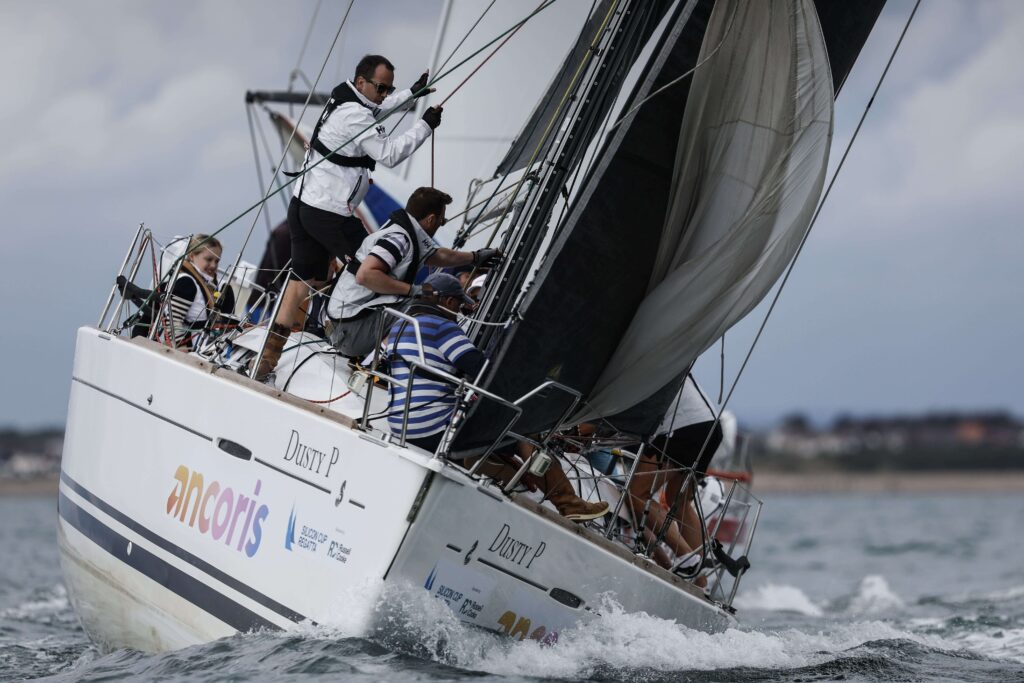
In the intervening three years, Ancoris has transformed from a Google Workspace-focused partner to one that generates 75%-80% of its revenues from Google Cloud Platform (GCP) and GCP-enabled practices, Azevedo said.
Ancoris already has live GenAI projects across a “myriad” of customers, Azevedo said, including a local authority which is using a blend of traditional and GenAI to help citizens report issues by taking a photo of the incident.
“There’s some traditional AI in the background that will recognise that picture as graffiti, or dog fowling, or whatever it is,” he explained.
“You go on the app or the website, you submit the picture, and if you’ve got your location turned on on your phone – which most people do – it will know where it is, and what it is. It comes back and says ‘is this graffiti in this location?’ You say ‘yes’. It says ‘thank you very much’, and you move on.
“Something else that we are already using internally, and are prototyping for customers, is a chatbot interface to query internal information.
“There’s lots of real life use cases, and there’s a lot more than just the content creation.
“In the last four or five months we’ve got close to £1m in services revenue just from the GenAI initiative.”
On Google partner feeding frenzy
The Google channel has seen consolidation accelerate in recent weeks, with 850-employee outfit SADA acquired by Insight last week, and two of the UK’s largest Google-dedicated partners, CTS and Appsbroker, merging in October.
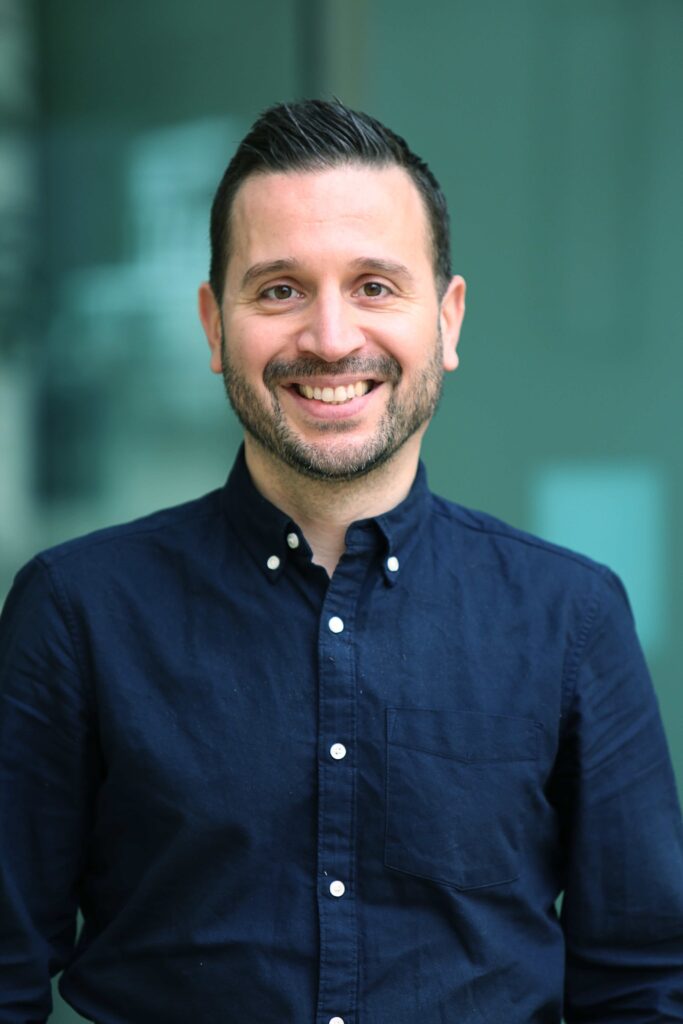
In its recently filed accounts to 31 March 2023, Appsbroker revealed that it had engaged advisors to seek out potential strategic partnerships to “provide the necessary scale to compete with the global GSI [global systems integrators]”.
Does Azevedo (pictured above) feel that scale is ever an issue for a boutique Google partner like Ancoris?
“Where we are different from Appsbroker and CTS – and this is not right or wrong – is they still both do a lot of GCP infrastructure work. The bulk of what we do is around data and primarily software engineering. The infrastructure is getting commoditised. The software engineering side is what brings everything together,” he responded.
“It’s the right thing for them to create a bigger infrastructure, GCP organisation. For us, being boutique is about being specialised on building these AI-native software and data platforms. We do infrastructure as a result of that, rather than leading on infrastructure.”
Microsoft’s “flawed” AI strategy
Microsoft and Google’s most recent quarterly results were greeted by some commentators as a sign that the former has stolen a march in the GenAI arms race, thanks to its association with OpenAI.
Although Azevedo conceded that OpenAI, as a privately held firm, has a “slight advantage” around speed to market, he slapped down suggestions that Google has been outmanoeuvred.
“In terms of enterprise AI, the biggest use cases and the best technology I’ve seen has come from Google and Google’s Vertex AI, and the openness that Google has had with that because it provides on Vertex AI both its language modules as well as Anthropic’s and Meta’s and others. And they provide that in a guaranteed way to customers,” he said.
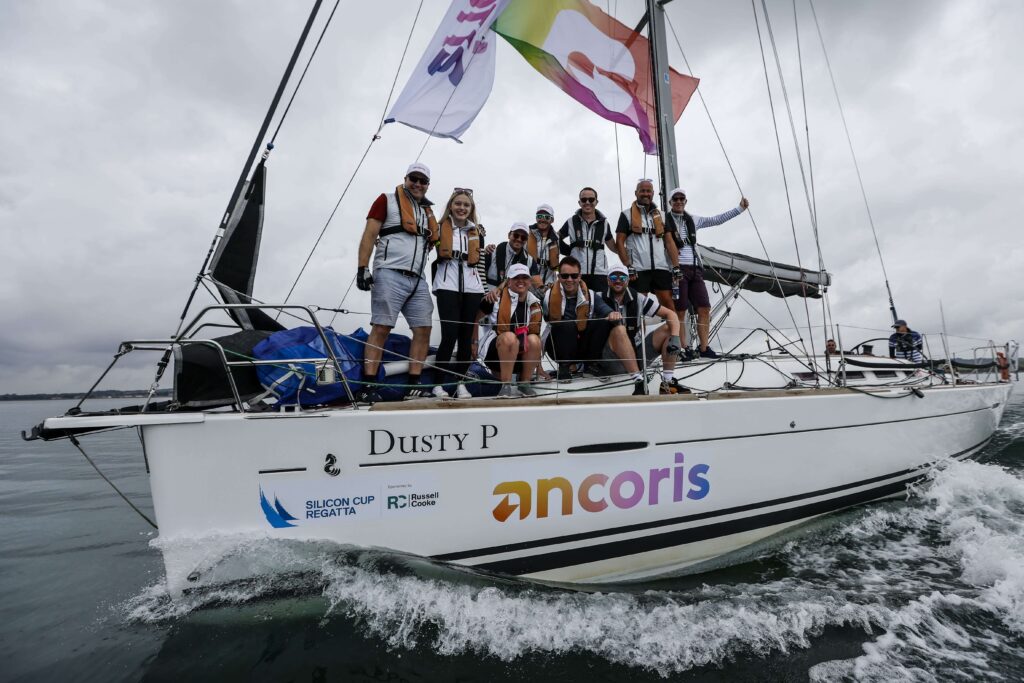
The recent debacle over OpenAI’s executive leadership has also shown that Microsoft’s strategy of “outsourcing” its GenAI strategy is “slightly flawed”, Azevedo added.
Google’s recent move to give enterprise GenAI customers IP and copyright indemnity is a third reason why it is leading the pack, according to Azevedo.
“They will guarantee that the data the models have been trained on doesn’t infringe anyone’s IPR [intellectual property rights]. And when there’s a claim, they will defend you against it,” he said.
“That’s a big statement that no one else is making. The reason they can make that statement is because Google governs that themselves and aren’t reliant on others for their GenAI strategy.”
GenAI a “boost” to cloud growth
Although Ancoris’ revenues rose from £16m in its fiscal year to 31 July 2021 to £22m in 2022 and around £30m this year, Azevedo admitted 2023 has been “tough”, against a backdrop of decelerating public cloud growth.
Google Cloud’s year-on-year revenue growth slowed from 28% in Q2 to 22% in Q3.
“The GenAI world is going to give us a little bit more of a boost,” Azevedo concluded.
Doug Woodburn is editor of IT Channel Oxygen


